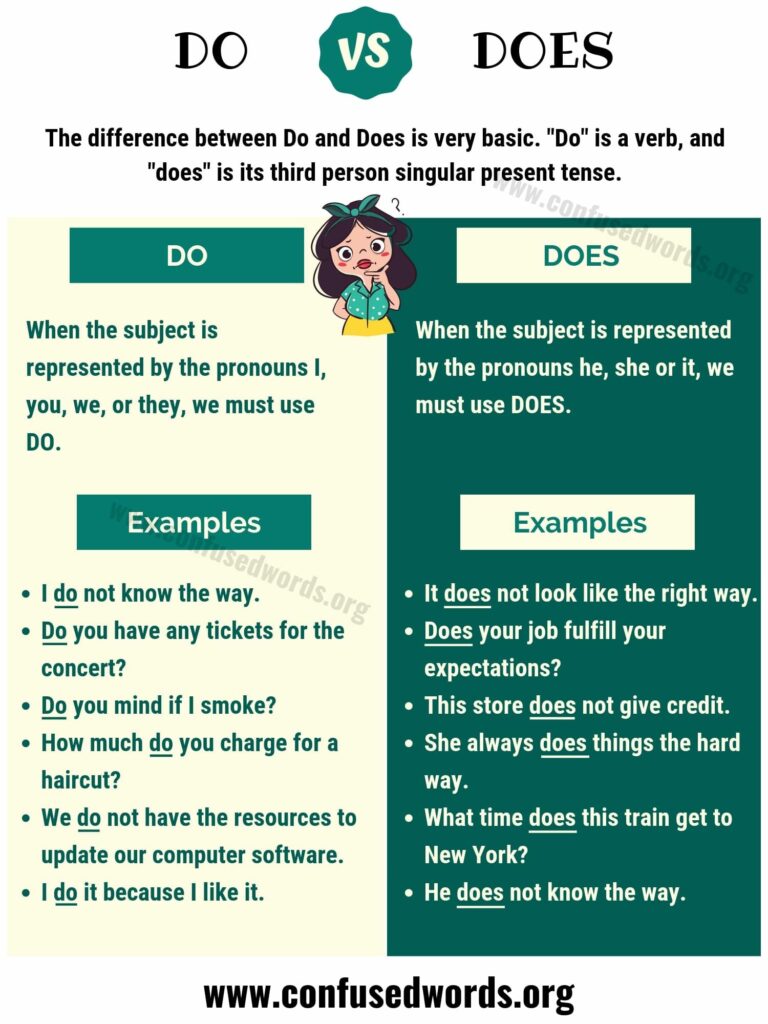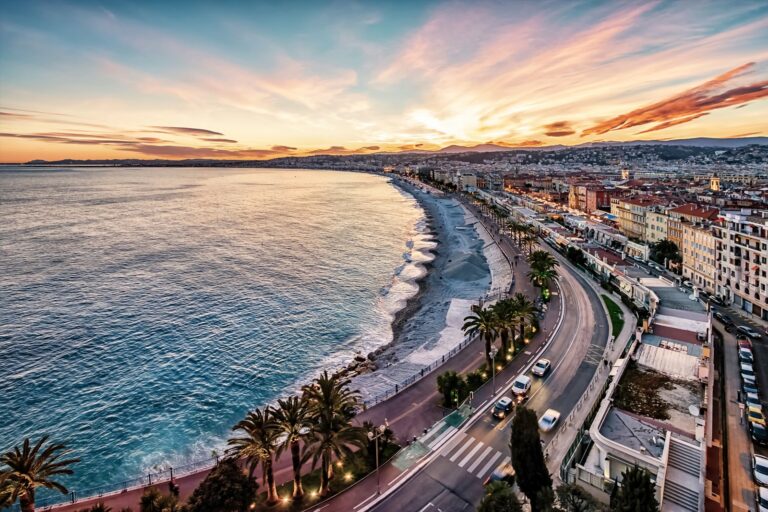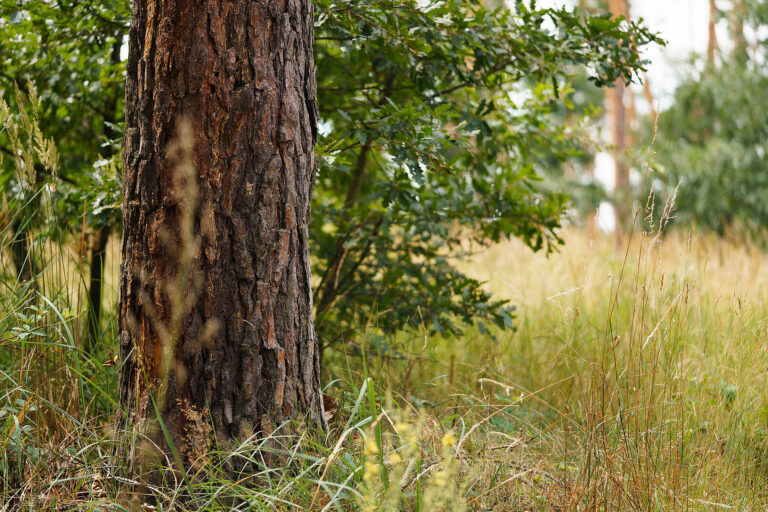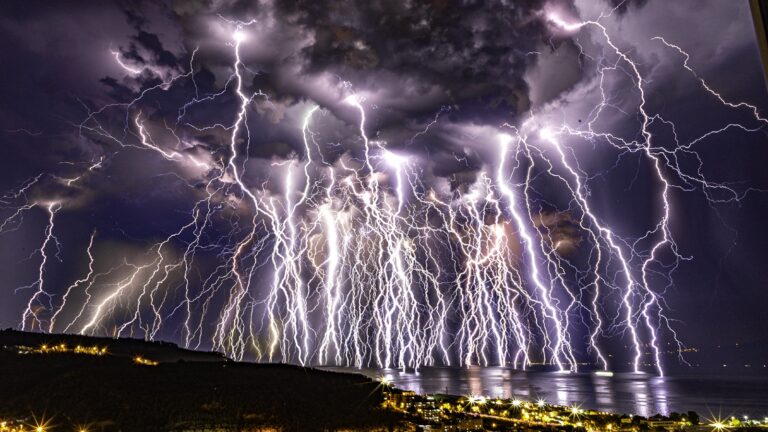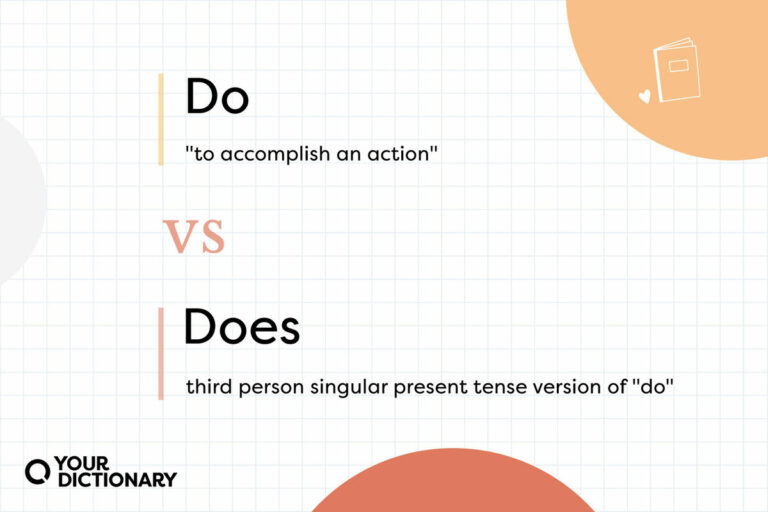Best Car Vinyl Wrap Brand: A Comprehensive Guide to Transforming Your Ride
Best Car Vinyl Wrap Brand: A Comprehensive Guide to Transforming Your Ride cars.truckstrend.com
The world of automotive aesthetics has been revolutionized by car vinyl wraps. Offering a dynamic alternative to traditional paint jobs, vinyl wraps allow car owners to dramatically alter their vehicle’s appearance, protect its original finish, and even express their unique personality or brand identity. But with a plethora of options on the market, the crucial question arises: What is the best car vinyl wrap brand?
Defining "best" isn’t a one-size-fits-all answer. It depends on various factors including durability, ease of application, color consistency, finish quality, and of course, budget. This comprehensive guide will delve deep into what makes a vinyl wrap brand stand out, explore the top contenders, and provide practical advice to help you make an informed decision for your next vehicle transformation.
Best Car Vinyl Wrap Brand: A Comprehensive Guide to Transforming Your Ride
Understanding Car Vinyl Wrap: More Than Just a Sticker
Before we dive into brands, let’s understand what car vinyl wrap is. Essentially, it’s a multi-layered film, typically made from high-grade polymeric PVC (polyvinyl chloride), equipped with an adhesive backing. This film is designed to be applied directly to a vehicle’s painted surfaces, conforming to its curves and contours.
Types of Finishes: Vinyl wraps come in an astonishing array of finishes, allowing for endless customization:
- Gloss: Mimics a high-shine paint finish.
- Matte: A non-reflective, flat look for a subtle, sophisticated aesthetic.
- Satin: A luxurious semi-gloss finish, bridging the gap between matte and gloss.
- Chrome: Highly reflective, mirror-like finish for a show-stopping look.
- Carbon Fiber: Textured and patterned to replicate the look of genuine carbon fiber.
- Color Shift/Chameleon: Changes color depending on the viewing angle and light.
- Metallic & Pearlescent: Infused with metallic flakes or pearl pigments for added depth and shimmer.

Benefits of Car Vinyl Wrapping:
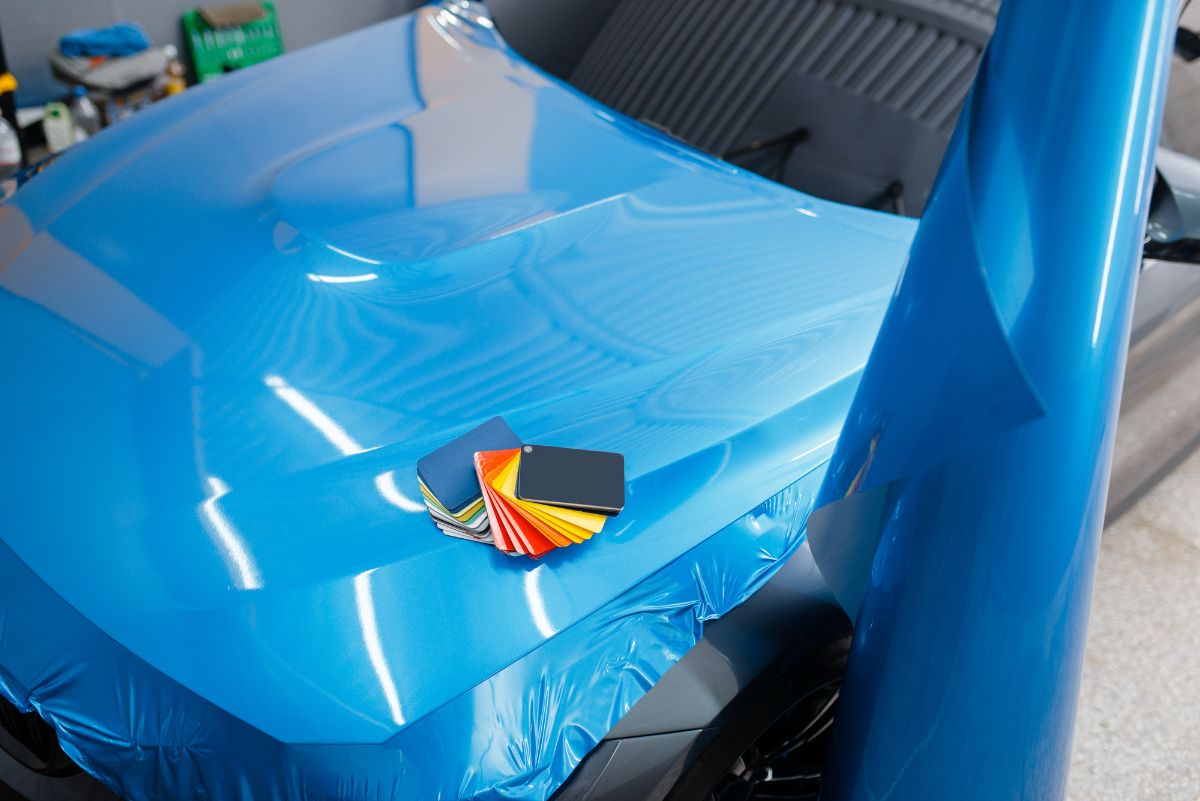
- Cost-Effective: Often significantly cheaper than a full repaint.
- Paint Protection: Acts as a sacrificial layer, protecting the original paint from stone chips, scratches, UV damage, and minor abrasions.
- Reversible: Can be removed without damaging the original paint, restoring the vehicle to its factory condition.
- Customization: Unparalleled options for colors, textures, and graphic designs.
- Resale Value: Preserves the original paint, potentially aiding in higher resale value.
- Faster Application: Generally quicker to apply than a full paint job.
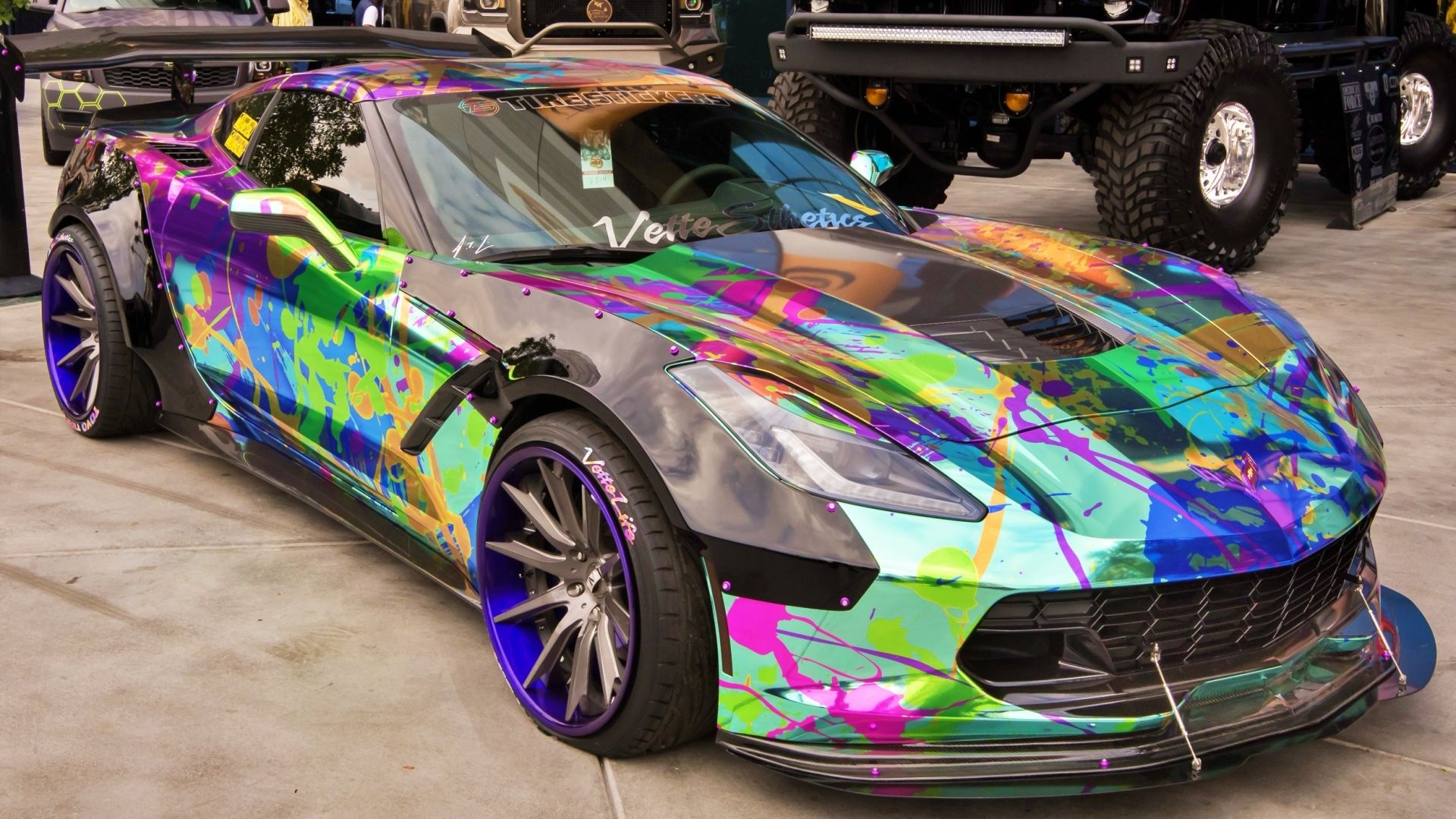
Key Factors Defining the "Best" Wrap Brand
When evaluating which brand truly stands out, consider the following critical aspects:
-
Durability & Longevity:
- UV Resistance: A top-tier wrap will resist fading, cracking, and chalking when exposed to sunlight for extended periods.
- Scratch & Abrasion Resistance: While not impervious, a good wrap can withstand minor scuffs and everyday wear.
- Weather Resistance: Ability to perform well in varying temperatures, humidity, and precipitation without delaminating or bubbling.
- Adhesive Quality: The adhesive should be strong enough for long-term adhesion but gentle enough for clean removal without residue.
-
Ease of Application:
- Air-Release Channels: Microscopic channels in the adhesive allow air bubbles to be easily squeegeed out, preventing unsightly imperfections. This is a hallmark of professional-grade films.
- Conformability: The film’s ability to stretch and conform smoothly to complex curves, recesses, and rivets without tearing or lifting.
- Repositionability: A good adhesive allows the installer to lift and reposition the film multiple times during application before permanent bonding.
- Memory: The film’s tendency to return to its original flat state after stretching. Low memory is desirable for complex curves.
-
Color Consistency & Finish Quality:
- Pigmentation: Rich, vibrant, and consistent color across the entire roll.
- Absence of Orange Peel: A smooth, uniform finish without a textured, dimpled appearance.
- Sheen Uniformity: Consistent gloss, matte, or satin level throughout the material.
-
Warranty & Support:
- Reputable brands offer comprehensive warranties against manufacturing defects, fading, and delamination.
- Good customer support and readily available technical data sheets (TDS) and material safety data sheets (MSDS) are also indicators of a reliable brand.
-
Reputation & Reviews:
- Industry standing, professional installer endorsements, and consistent positive reviews from users are strong indicators of quality.
-
Cost vs. Value:
- While premium brands come with a higher price tag, their superior performance, durability, and ease of application often translate to better long-term value and a more satisfying result.
Top Contenders for "Best Car Vinyl Wrap Brand"
Based on industry reputation, installer preference, and performance metrics, several brands consistently rise to the top:
-
3M Commercial Solutions:
- Why they’re a contender: 3M is an undisputed leader in the adhesive and film industry. Their automotive wrap films, particularly the 3M 2080 Series, are renowned for their exceptional quality, consistency, and installer-friendly features like Controltac™ (repositionable, pressure-activated adhesive) and Comply™ (non-visible air release channels). They offer an incredibly vast color palette and diverse finishes.
- Pros: Excellent conformability, long-term durability, wide color selection, strong warranty, easy to work with for both pros and experienced DIYers.
- Cons: Can be on the higher end of the price spectrum.
-
Avery Dennison Graphics Solutions:
- Why they’re a contender: Avery Dennison’s Supreme Wrapping Film (SWF) series is a direct competitor to 3M, often preferred by installers for its buttery-smooth conformability and excellent finish. Their films are known for vibrant colors and a premium look.
- Pros: Superb conformability, great finish quality, extensive color range, good durability, easy to install, often preferred for deep recesses.
- Cons: Similar price point to 3M, may require specific application techniques for optimal results.
-
ORAFOL (Oracal):
- Why they’re a contender: ORAFOL, particularly with their Oracal 970RA Premium Shift Effect Cast and 970RA Premium Wrapping Cast films, offers a fantastic balance of quality and value. They are a popular choice for both professional installers and serious DIY enthusiasts due to their good workability and durability.
- Pros: Excellent value for money, good conformability, wide range of colors and unique finishes (like the shift effects), reliable durability.
- Cons: May not be as forgiving as 3M or Avery for absolute beginners, some specialized finishes might be less extensive than competitors.
-
KPMF (Kay Premium Marking Films):
- Why they’re a contender: KPMF is known for its high-quality, unique, and often textured finishes, including popular iridescent and pearlescent options. Their films are durable and offer a distinct aesthetic.
- Pros: Exceptional unique colors and finishes, good durability, premium feel.
- Cons: Less widely available than 3M or Avery, can be slightly stiffer to work with on complex curves for novices.
-
Arlon Graphics:
- Why they’re a contender: Arlon offers a solid range of cast vinyl films, such as their Ultimate PremiumPlus Series, known for good color stability and durability. They provide a reliable option for various wrapping needs.
- Pros: Good color selection, reliable performance, competitive pricing.
- Cons: May not have the same level of conformability as 3M or Avery on extreme curves, less common than the top three.
Choosing the Right Wrap for Your Needs
Selecting the "best" brand ultimately comes down to your specific requirements:
- Budget: Premium brands (3M, Avery) offer superior performance but come at a higher cost. Oracal and Arlon provide excellent value.
- Desired Finish/Look: If you want a specific, unique color shift or textured finish, KPMF or specialized lines from 3M/Avery might be your best bet.
- Skill Level (DIY vs. Professional): If you’re tackling a DIY wrap, films with excellent air-release channels and repositionability (like 3M 2080 or Avery SWF) will be more forgiving. Professionals can work effectively with all top brands.
- Vehicle Use: For a show car or long-term investment, opt for the highest quality films. For temporary wraps or promotional vehicles, slightly more budget-friendly options might suffice.
- Climate: Consider films with strong UV and temperature resistance if you live in extreme climates.
Installation Considerations & Tips
Even the best vinyl wrap brand won’t look good without proper installation.
- DIY vs. Professional:
- DIY: Can save money, but requires patience, specific tools, and a learning curve. Start with smaller projects or less complex panels.
- Professional: Guarantees a flawless finish, especially for complex vehicles. Installers have specialized tools, climate-controlled environments, and extensive experience.
- Surface Preparation is Paramount: This is the most crucial step. The vehicle must be meticulously clean, free of wax, grease, dirt, and contaminants. A thorough wash, clay bar treatment, and isopropyl alcohol wipe-down are essential.
- Essential Tools: Heat gun (not a hairdryer!), sharp utility knife or specialized wrap knife, squeegees (hard and felt-tipped), snitty cutter, surface degreaser, lint-free towels, masking tape.
- Application Techniques: Work in manageable sections. Use heat sparingly to conform the film. Overlap panels correctly. Post-heat all edges and recessed areas to activate the adhesive’s full bond and prevent lifting.
- Post-Installation Care:
- Wait 24-48 hours before washing.
- Hand wash with mild, pH-neutral soap and soft microfiber cloths.
- Avoid automated car washes with harsh brushes.
- Avoid abrasive cleaners, waxes, or polishes that aren’t specifically designed for vinyl.
- Regularly clean bug splatter and bird droppings to prevent etching.
Potential Challenges and Solutions
- Bubbles/Wrinkles: Often caused by improper squeegee technique or insufficient heat. Solution: Use air-release channels to push air out, stretch film evenly, and use precise squeegee strokes.
- Lifting Edges: Usually due to inadequate post-heating or poor surface prep. Solution: Ensure all edges are thoroughly post-heated to 180-200°F (82-93°C) and apply edge sealer if necessary.
- Damage During Application: Cuts, tears, or stretching marks. Solution: Use sharp blades, take your time, and practice on scrap pieces.
- Fading/Peeling: Indicates a lower quality film, improper installation, or harsh environmental exposure. Solution: Invest in a reputable brand, ensure professional installation, and follow proper care guidelines.
Table Price: Estimated Costs & Features for Top Vinyl Wrap Brands
Please note: Prices are highly variable based on supplier, region, specific finish (gloss, matte, chrome, etc.), and roll size. These are estimated ranges for a 5ft x 60ft (300 sq ft) roll, which is typically enough for a mid-sized sedan.
| Brand | Typical Product Line | Key Features | Estimated Price Range (5x60ft roll) | Durability Rating (1-5) | Ease of Application Rating (1-5) |
|---|---|---|---|---|---|
| 3M | 2080 Series | Controltac™ (repositionable), Comply™ (air-release), vast color selection | $600 – $950+ | 5/5 | 5/5 |
| Avery Dennison | Supreme Wrapping Film (SWF) | Easy Apply RS™ (air-release, repositionable), excellent conformability, vibrant colors | $550 – $900+ | 5/5 | 5/5 |
| ORAFOL | Oracal 970RA Series | RapidAir® (air-release), good conformability, strong value, unique shift effects | $400 – $700+ | 4/5 | 4/5 |
| KPMF | KPMF K75000 Series | Unique textured/specialty finishes, good conformability, durable | $500 – $850+ | 4/5 | 3.5/5 |
| Arlon Graphics | Ultimate PremiumPlus Series | Good color stability, reliable performance, competitive pricing | $350 – $600+ | 3.5/5 | 3/5 |
Note: "Durability Rating" and "Ease of Application Rating" are subjective and based on general installer consensus, where 5 is excellent and 1 is poor.
Frequently Asked Questions (FAQ)
Q1: How long does a vinyl wrap typically last?
A1: High-quality vinyl wraps from reputable brands (like 3M, Avery Dennison) can last anywhere from 5 to 7 years, sometimes even longer, depending on climate, proper installation, and maintenance. More budget-friendly options might last 2-4 years.
Q2: Does wrapping damage the original paint?
A2: No, when applied correctly to factory-finished paint in good condition and removed properly, vinyl wrap should not damage the paint. In fact, it protects the paint from UV rays, minor abrasions, and environmental contaminants. Damage usually occurs if the paint was already compromised (e.g., rust, peeling clear coat) or if an aggressive adhesive was used/removed improperly.
Q3: Can I wrap my car myself?
A3: Yes, it’s possible for a DIY enthusiast, especially for smaller projects or less complex vehicle panels. However, a full vehicle wrap requires significant patience, specialized tools, a clean environment, and a considerable learning curve. For a flawless, professional finish, hiring an experienced installer is highly recommended.
Q4: How much does it cost to have a car professionally wrapped?
A4: The cost varies widely based on the vehicle’s size, the complexity of its curves, the chosen vinyl brand and finish, and the installer’s labor rates. Generally, a full car wrap can range from $2,500 to $5,000+, with premium films or complex designs pushing costs higher.
Q5: How do I care for my wrapped car?
A5: Hand wash with mild, pH-neutral soap and water. Avoid abrasive cleaners, waxes with petroleum distillates, and automatic car washes with brushes. Use soft microfiber towels for drying. Promptly clean off bird droppings, bug splatter, and tree sap to prevent etching.
Q6: Can I remove the wrap myself?
A6: Yes, vinyl wraps can typically be removed by hand. It’s best done in a warm environment (or with a heat gun) to soften the adhesive, allowing the film to peel off cleanly. Always pull at a shallow angle. If residue remains, a specialized adhesive remover can be used, followed by a thorough cleaning.
Q7: What’s the difference between cast and calendared vinyl?
A7:
- Cast Vinyl: (e.g., 3M 2080, Avery SWF) Is manufactured by pouring liquid PVC onto a casting sheet, then baking it. This process results in a very thin, stable, and durable film with excellent conformability and minimal shrinkage. It’s ideal for complex curves and long-term applications.
- Calendared Vinyl: (e.g., some Oracal 651) Is made by extruding PVC through rollers. It’s thicker, less conformable, and has a higher tendency to shrink over time, especially in extreme temperatures. It’s more affordable and typically used for flat surfaces, short-term graphics, or less demanding applications. For vehicle wraps, cast vinyl is almost always preferred.
Concluding Summary
Choosing the "best car vinyl wrap brand" is a nuanced decision, influenced by a blend of quality, durability, ease of application, aesthetic preference, and budget. While brands like 3M and Avery Dennison consistently lead the pack with their premium offerings, Oracal provides an excellent balance of performance and value, and KPMF offers truly unique finishes.
Ultimately, investing in a reputable brand ensures a higher quality, longer-lasting, and more satisfying result. Whether you’re aiming for a sleek new look, robust paint protection, or a vibrant marketing statement, selecting the right vinyl wrap brand is the first crucial step towards transforming your vehicle into a true reflection of your style.

